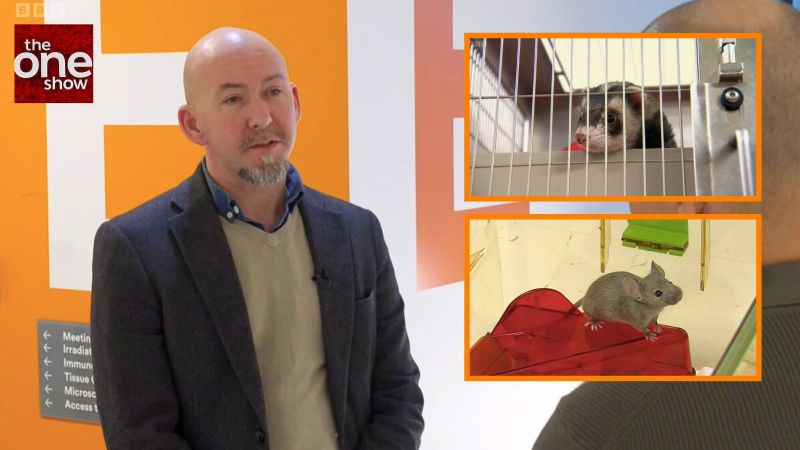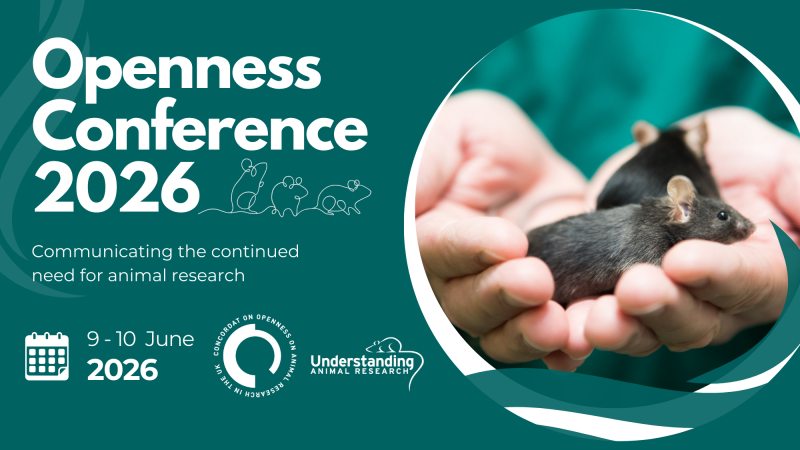
Text to go here...
 To better study the breakdown and toxicity of new medicines in a human liver, scientists have created what has been named a ‘humanised mouse'.
To better study the breakdown and toxicity of new medicines in a human liver, scientists have created what has been named a ‘humanised mouse'.
This is a normal mouse which has received an implant of a 20-millimetre-long artificial human liver, which allows the transplanted mice to mimic the ways in which the human body would break down chemical compounds. This helps identify possible problems before the compounds are tested on humans.
This important research was undertaken by firstly creating stable liver implants in the laboratory. One of the most significant features of these implants was that they are not immediately attacked by the mouse immune system. The design of the implant makes it difficult for the mouse immune cells to access the human cells inside the implant allowing full liver function to be monitored for a few weeks.
When the transplanted mice were given medicines that humans and mice break down differently, the mice produced the same breakdown products (metabolites) and showed the same metabolic interactions between medicines as a human would.
With this new technology, the medicines development and testing process would more reliably predict harmful results before clinical trials. The further development of ‘humanised mice', would also be useful in studying human diseases.
Last edited: 11 January 2022 13:23



